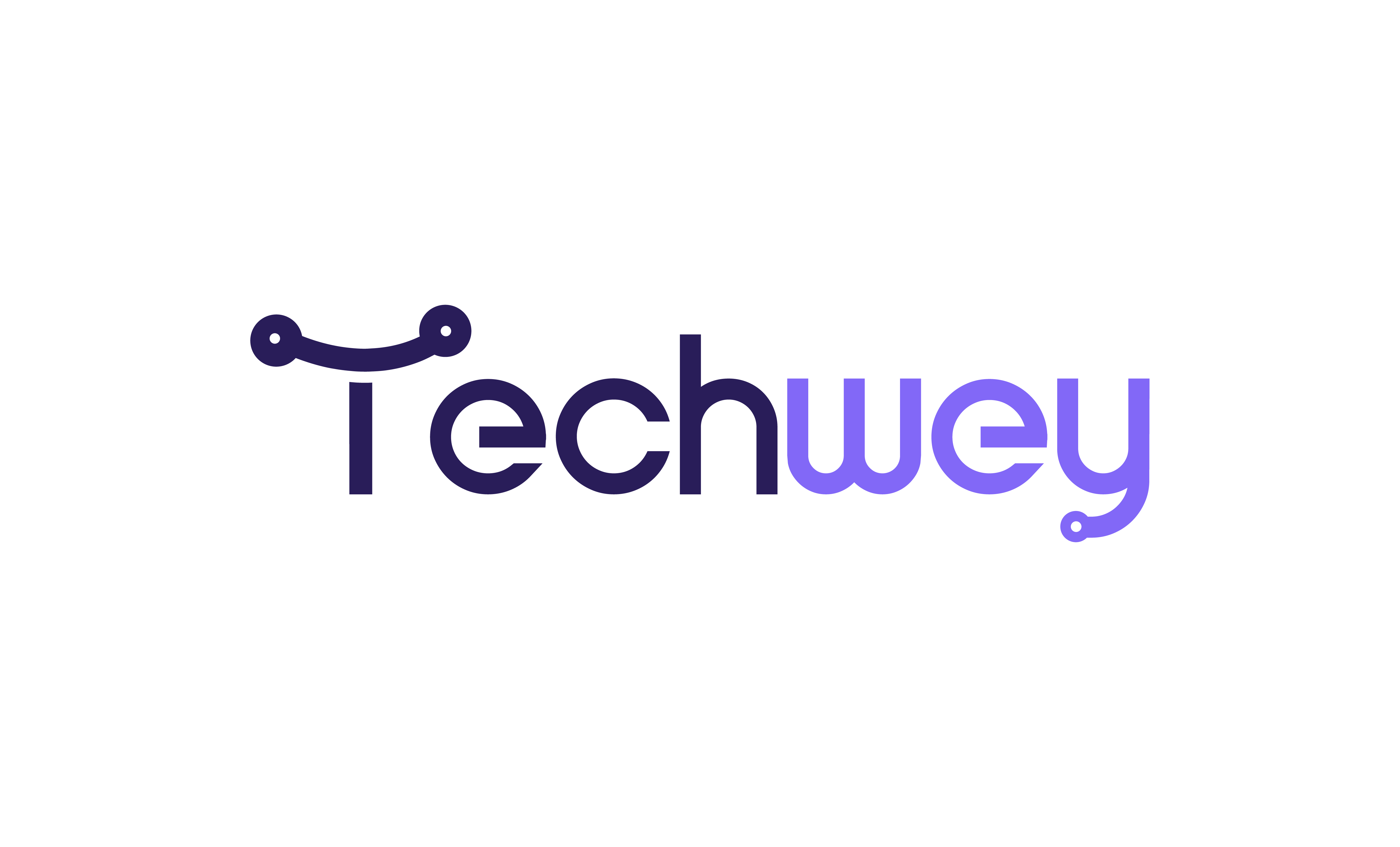
The Role of Artificial Intelligence in Advancing Healthcare
AI’s Growing Influence in Healthcare
Artificial Intelligence (AI) is revolutionizing healthcare by streamlining processes, improving diagnostics, and personalizing patient care. From predictive analytics to automated tasks, AI is at the forefront of medical innovation.
Applications of AI in Healthcare
- Diagnostics and Imaging: AI-powered tools analyze medical images like X-rays, MRIs, and CT scans to detect conditions such as cancer or fractures with remarkable accuracy.
- Predictive Analytics: AI models use patient data to predict potential health risks, enabling proactive care and better resource allocation.
- Virtual Health Assistants: Chatbots and virtual assistants powered by AI provide patients with round-the-clock support, from answering queries to reminding them about medications.
- Drug Discovery: AI accelerates the process of developing new drugs by analyzing large datasets and identifying potential compounds for testing.
Benefits of AI in Healthcare
- Accuracy: AI reduces human error, ensuring precise diagnostics and treatment plans.
- Cost Savings: By automating routine tasks, AI minimizes operational costs and improves efficiency.
- Personalized Care: AI tailors treatments based on individual patient data, improving outcomes.
Challenges of Implementing AI in Healthcare
- Data Privacy: Protecting patient information is critical as AI systems rely on extensive data for training.
- Integration Issues: Ensuring that AI tools work seamlessly with existing healthcare systems remains a challenge.
- Ethical Concerns: Decisions made by AI, particularly in life-critical situations, raise ethical questions that need addressing.
Future of AI in Healthcare
The integration of AI with technologies like wearable devices and telemedicine will redefine patient care. Imagine wearable sensors feeding real-time data to AI systems that instantly detect anomalies, alerting doctors and saving lives. Additionally, advancements in natural language processing could make AI-powered virtual assistants even more intuitive, bridging gaps in patient-doctor communication.
Conclusion
AI is not just enhancing healthcare; it’s reshaping it. From diagnostics to patient care, its applications are paving the way for a smarter, more efficient healthcare system. As AI continues to evolve, its potential to save lives and improve health outcomes will only grow.
Read more tech related articles here





Leave a Reply